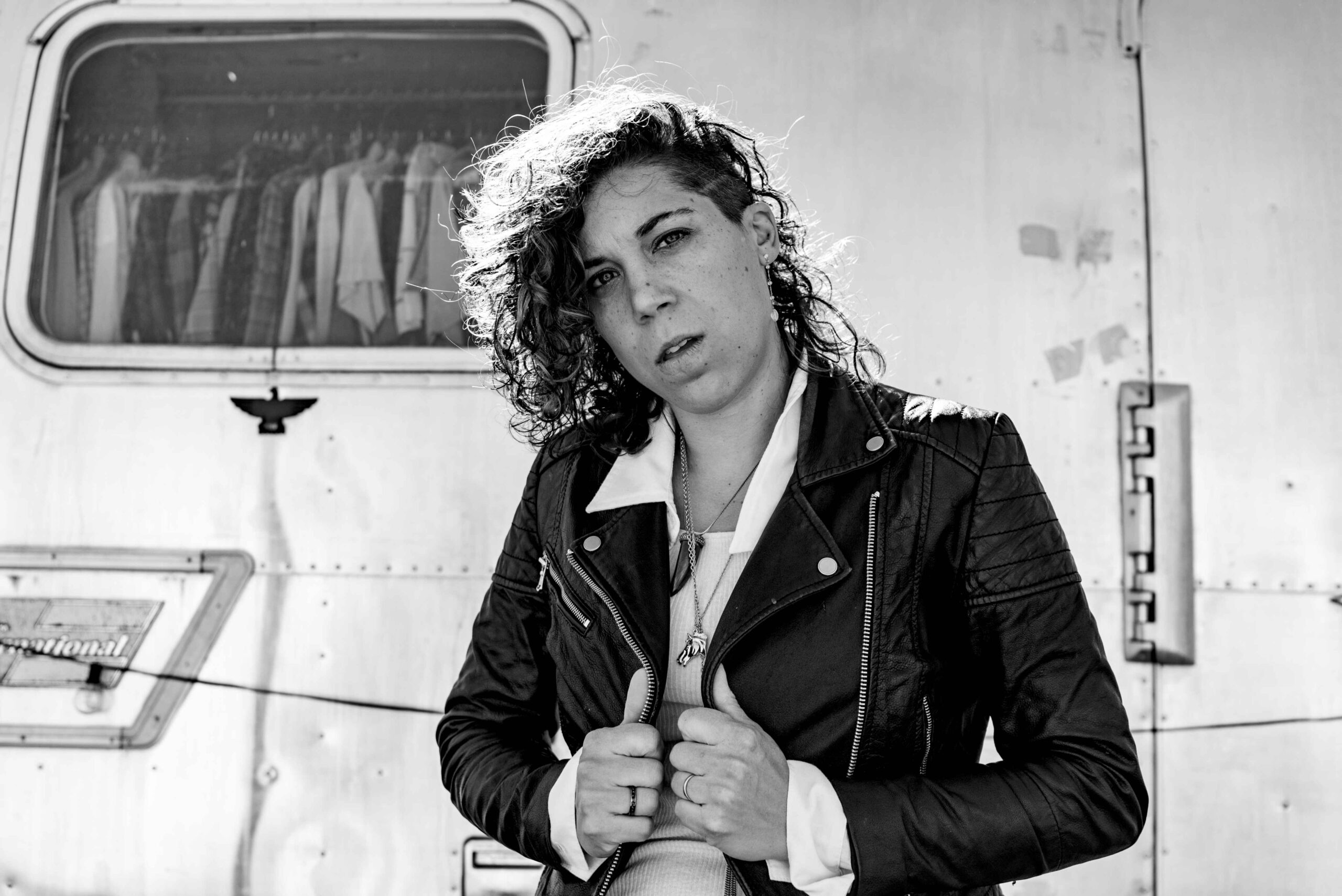L.A. indie songwriter Kristen Ford continues her electric trajectory towards the release of her Pinto album with a brand new banger, “Birds Of Steel”. The hooktastic irrepressible track is the fifth and final appetizer to be released before Pinto. While previous singles have found space for rightfully rage-filled anthems calling out queer rights rollbacks and the broken American […]

